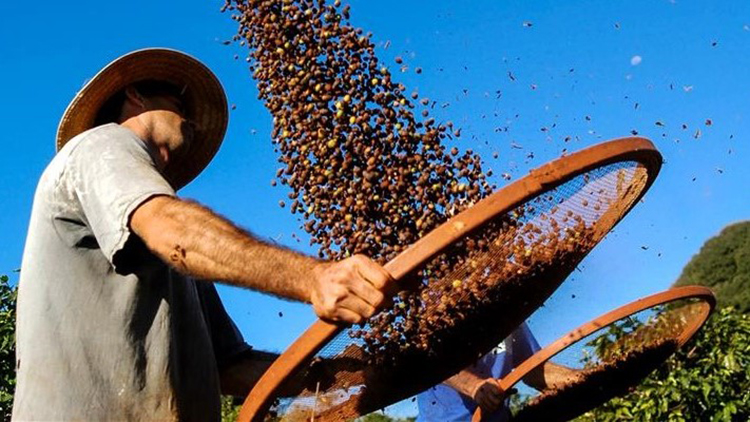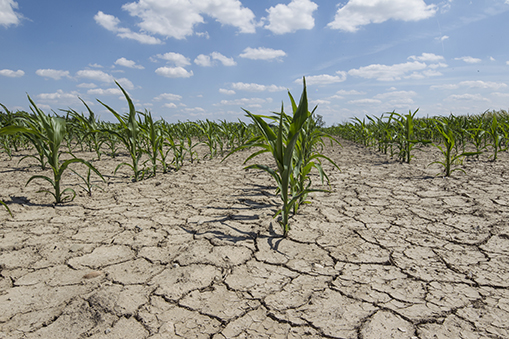As Drought Strains Brazil’s Coffee Crop, Prices Surge. But solutions exist.

A Brewing Crisis for Coffee Farmers
In the coffee-growing heartland of Brazil, where rolling plantations once painted a lush green against the countryside, an unrelenting drought is turning fields brittle and brown. The world’s largest producer of coffee is facing one of its most challenging growing seasons in recent years, with rainfall levels well below historical averages, stoking fears of tighter global supply chains and driving up prices for consumers.
Coffee futures have soared nearly 20% in recent months, a direct response to dwindling yields in Brazil’s primary coffee-producing states of Minas Gerais and São Paulo. Analysts warn that the full economic impact is still unfolding, but already, retailers and cafes worldwide are bracing for higher costs and potential shortages.
Water scarcity is an increasingly frequent challenge
The drought comes at a precarious time for global agriculture. Climate change has intensified extreme weather patterns, making water scarcity an increasingly frequent challenge for farmers who rely on consistent rainfall to sustain their crops. In Brazil, coffee plants are particularly vulnerable to prolonged dry spells, which can stunt bean development and diminish quality.
Coffee trees are extremely sensitive to small differences in temperature and weather conditions. They also need specific climatic conditions like humidity, temperature and ample rainfall to grow.
The droughts of 2023 and 2024 cover an area of 5 million square kilometers—more than half of Brazil’s territory—affecting over 70% of municipalities, with 201 classified as experiencing extreme dryness.
For coffee growers, the current conditions are a harsh reminder of the fragility of their industry. Many are investing in irrigation systems, but water access remains an issue, especially for smallholder farmers. Others are turning to alternative agricultural practices that promise to enhance plant resilience in the face of erratic weather patterns.
A Climate-Smart Solution: Biostimulants for Water Stress
As climate-related challenges mount, science-backed agricultural innovations are offering growers a way forward. Among the most promising solutions is the use of biostimulants—natural plant enhancers that improve stress tolerance and water efficiency.
Acadian Plant Health, a global leader in sustainable agricultural inputs, has pioneered biostimulant technology. These formulations have been scientifically proven to help plants withstand water stress by enhancing root development, improving nutrient uptake, and boosting overall plant vigor in dry conditions.
“We’ve seen firsthand how our biostimulants help crops acclimate to drought conditions,” says Dr. Holly Little, Director of R&D at Acadian Plant Health. “By strengthening the plant’s natural defense mechanisms, we’re not only helping farmers protect their yields but also advancing climate-smart agricultural practices.”

Dry corn field with young corn plants
Rethinking Agriculture in a Changing Climate
With coffee prices rising and the unpredictability of weather patterns becoming the norm, the agricultural industry is at a crossroads. Traditional farming methods alone are no longer sufficient in an era where climate volatility threatens food security.
Biostimulants present a viable solution—not just for coffee but for a wide range of crops susceptible to drought stress. As more farmers adopt these tools, the potential to safeguard agricultural productivity in water-scarce environments grows exponentially.
For coffee lovers worldwide, the impact of these innovations could mean the difference between a temporary price surge and a long-term crisis. As Brazil’s farmers battle an increasingly uncertain climate, investing in resilience is no longer optional—it’s essential.
Interested to learn more about our novel technology? Read more on stress management here or contact us with any questions.